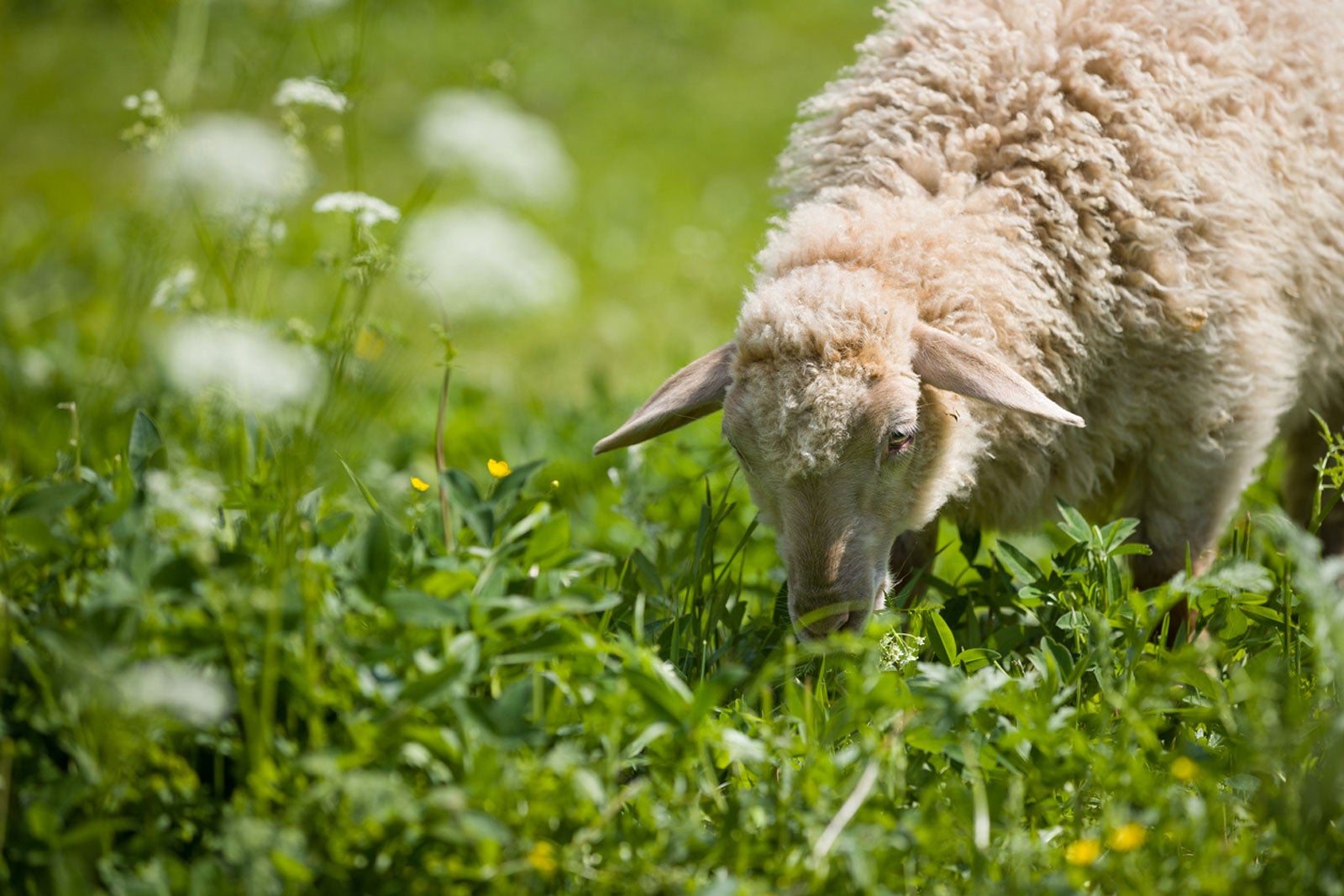Sheep And Poisonous Plants – What Plants Are Poisonous To Sheep


If you keep a flock of sheep, whether big or small, putting them out to pasture is an essential part of each day. The sheep get to graze and roam, doing what they do best. However, there are risks to your flock if you have plants that are bad for sheep in your pasture. Protect your sheep by learning what common plants could harm them.
Plant Toxicity in Sheep
Any kind of livestock that goes out to pasture (including urban and suburban areas) and grazes is at risk for finding plants poisonous for sheep. The boundaries between rural and urban areas are blurring in some places, and this may put sheep at greater risk. Backyard sheep may encounter types of plants they wouldn’t normally see in a pasture that could be harmful to them.
With sheep and poisonous plants, it’s best to be proactive. Know the dangerous plants and remove them from the areas your sheep will graze. Also, look for signs of poor health and plant toxicity in sheep so you can get veterinary care as soon as possible.
Signs and symptoms to watch out for include:
- Not eating
- Vomiting
- Staying away from the rest of the flock
- Keeping head down, apathy, fatigue
- Acting confused
- Drinking an excessive amount of water
- Difficulty breathing
- Convulsions
- Bloating
What Plants are Poisonous to Sheep?
Plants poisonous for sheep may be lurking in your pastures, around the edges of fields, along fence lines, and in your landscaping or garden beds. Some examples of toxic plants you may be using intentionally for landscape and garden areas include:
- Iris
- Holly
- Morning glory
- Rhubarb
- Cruciferous vegetables (like cabbage and broccoli)
- Yew
- Oak
- Oleander
- Wild cherry
- Mountain laurel
- Lantana
Plants more likely to be found in a pasture that could be dangerous to your sheep include:
- Milkweed
- Locoweed
- Lambsquarters
- Snakeroot
- St. John’s wort
- Flax
- Birdsfoot trefoil
- Bracken fern
- Black locust
- Pokeweed
- Common nightshade
- Arrowgrass
- False hellebore
- Common ragwort
Keeping your pasture clear of toxic plants is important for the health of your flock. If you notice signs of toxicity, contact your veterinarian immediately. Search for the plant that likely caused the symptoms so you can provide more information to help with the sheep’s care.
Sign up for the Gardening Know How newsletter today and receive a free copy of our e-book "How to Grow Delicious Tomatoes".

Mary Ellen Ellis has been gardening for over 20 years. With degrees in Chemistry and Biology, Mary Ellen's specialties are flowers, native plants, and herbs.